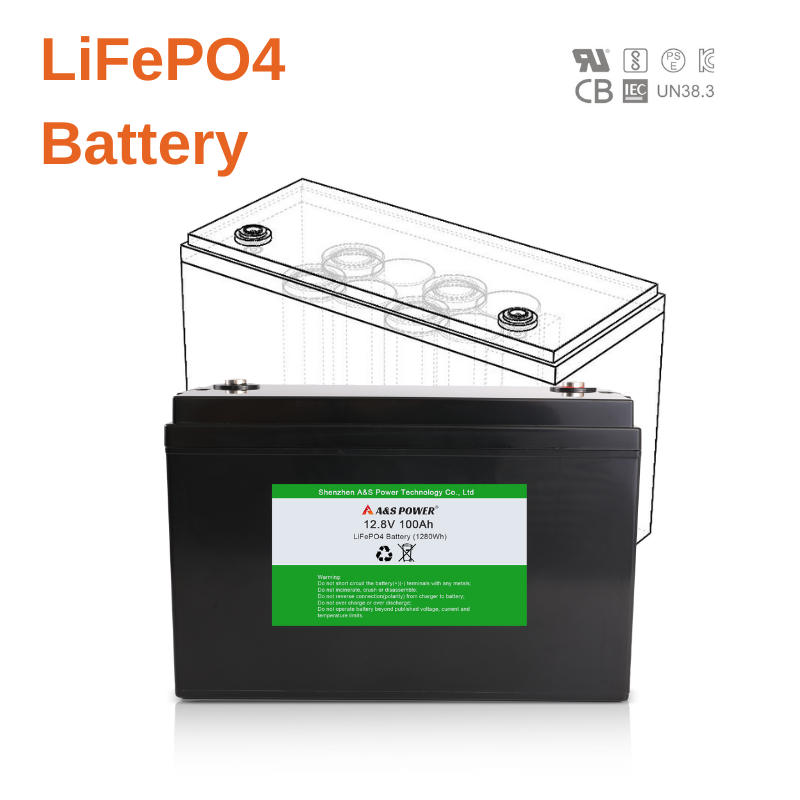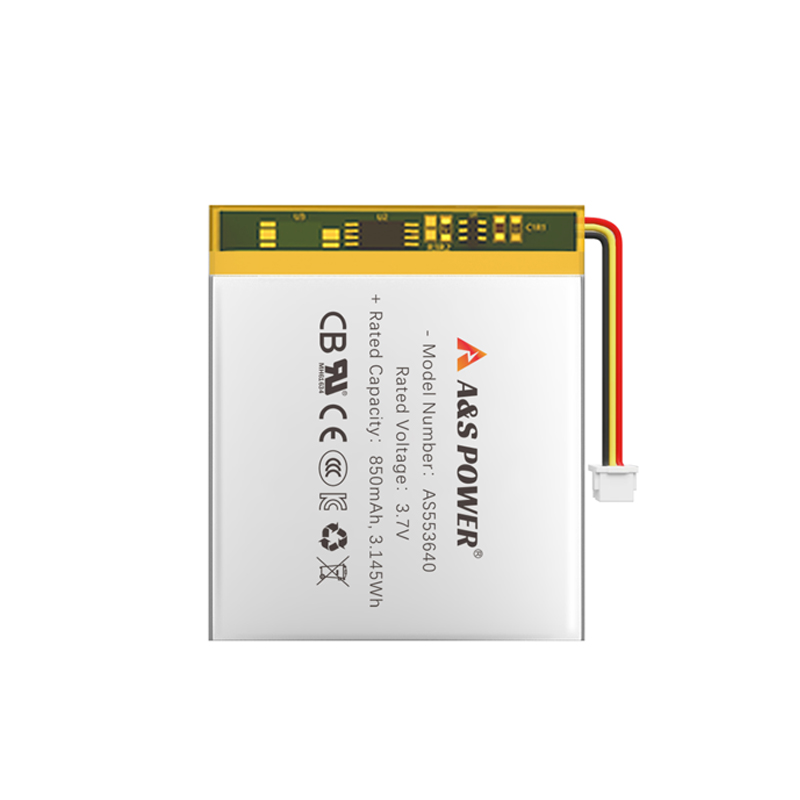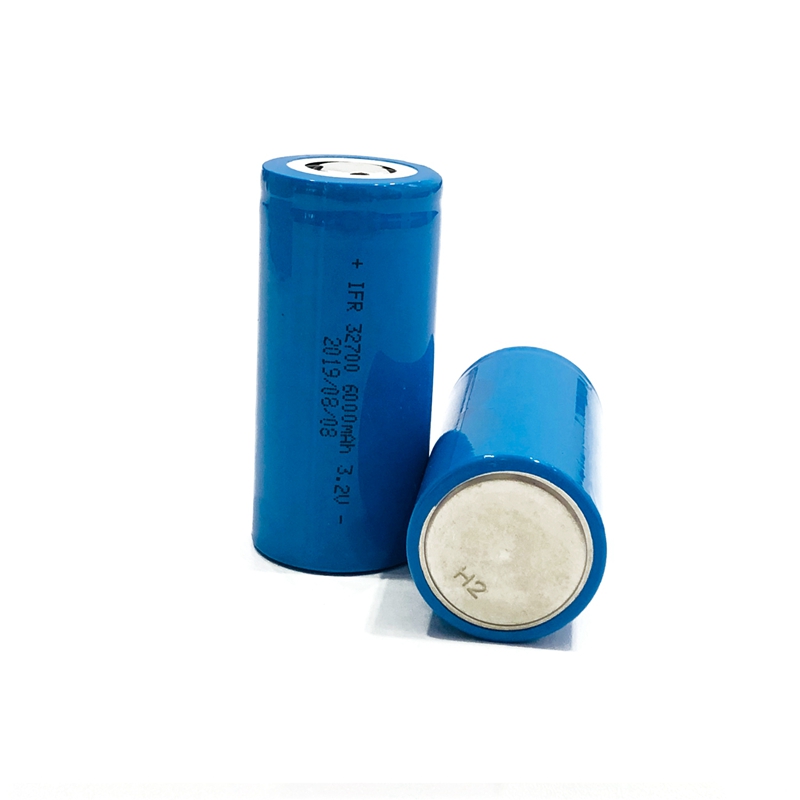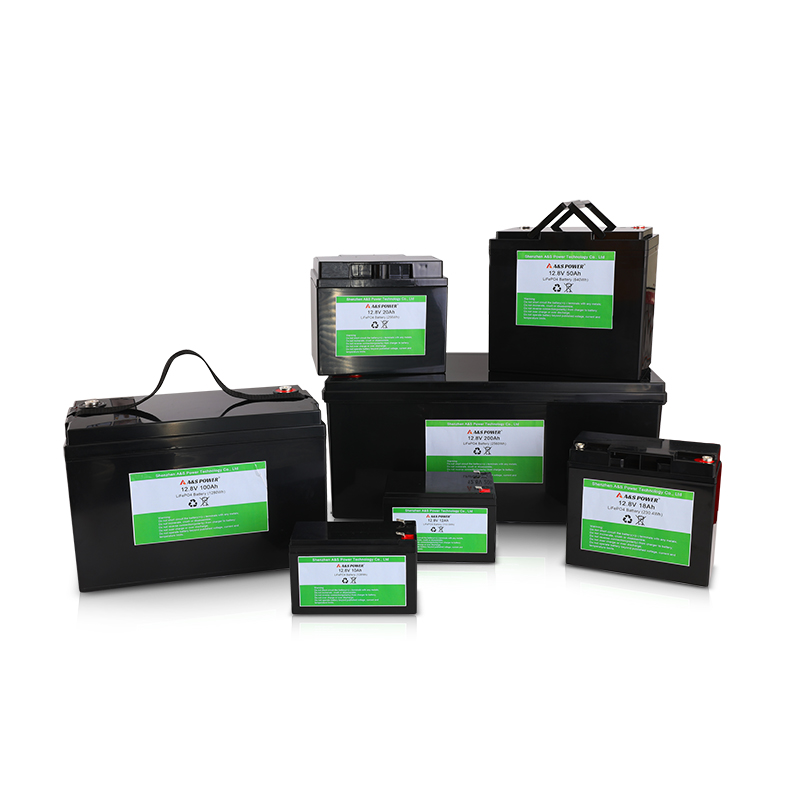About Lithium-Ion Cells
2022-10-24
Lithium-ion battery is a rechargeable battery that mainly relies on the movement of lithium ions between the positive and negative electrodes to work. Lithium-ion batteries use an intercalated lithium compound as an electrode material. Currently used as cathode materials for lithium-ion batteries are: lithium cobalt oxide (LiCoO2), lithium manganate (LiMn2O4), lithium nickelate (LiNiO2) and lithium iron phosphate (LiFePO4). Important advances in the field were started in the 1970s and developed into the 1980s by John Goodenough, Stanley Whittingham, Ratched Yazami and Akira Yoshino, and in 1991 Sony and Asahi Kasei reached an agreement Commercial consensus. Goodenough, Whittingham and Akira Yoshino were awarded the 2019 Nobel Prize in Chemistry for developing lithium-ion batteries.
These lithium-ion batteries and their developed products are common in consumer electronics. They are one of the most common types of rechargeable batteries in portable electronic devices, featuring high energy density, no memory effect, and only slow charge loss when not in use. In addition to consumer electronics, the ever-advancing lithium-ion batteries are also gaining popularity for use in the military, pure electric vehicles, and aerospace. For example, lithium iron phosphate batteries are becoming a common replacement for lead-acid batteries, which have historically been used in golf carts and utility vehicles, but this new high-efficiency battery has been able to break through the Various shortcomings of lead-acid batteries, to achieve the goal of comprehensive replacement.
In addition, lithium-ion batteries are easily confused with the following two types of batteries:
1.Lithium battery: Although it is often used as the abbreviation of lithium-ion battery, the lithium battery in the strict sense is a lithium primary battery, which contains pure lithium metal, which is one-time use and non-rechargeable.
2.Lithium-ion polymer batteries (also often referred to as "lithium polymer batteries"): they are basically also lithium-ion batteries, an improvement of ordinary lithium-ion batteries, using colloidal or solid polymers to replace liquid The rechargeable lithium-ion battery of organic solvent has better safety and will not explode, and can shape cells of various shapes, and has become the mainstream form of battery today.
Advantages of Lithium Ion Batteries
1.High energy density: It varies with different electrode materials, calculated by mass, up to 150-200Wh/kg (540-720kJ/kg); calculated by volume, up to 250-530Wh/L (0.9-1.9kJ/cm3) .
2.High open circuit voltage: It varies with electrode materials, up to 3.3~4.2V.
3.High output power: it varies with different electrode materials, up to 300~1500W/kg.
4.No memory effect: The lithium iron phosphate lithium ion battery has no memory effect, the battery can be charged and discharged at any time without being discharged, and it is easy to use and maintain.
5.Low self-discharge: <5%~10%/month. Due to the built-in monitoring circuit of smart lithium-ion batteries, the operating current of this monitoring circuit is even higher than the self-discharge current.
6.Wide operating temperature range: it can work normally between -20℃~60℃.
7.Fast charging and discharging speed
Therefore, lithium-ion batteries are widely used in consumer electronics, military products, aviation products, etc.
Follow us and explore more! 👉 Facebook












